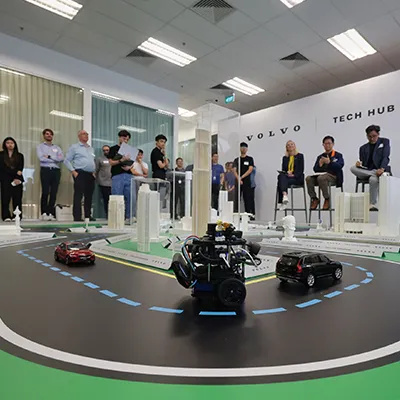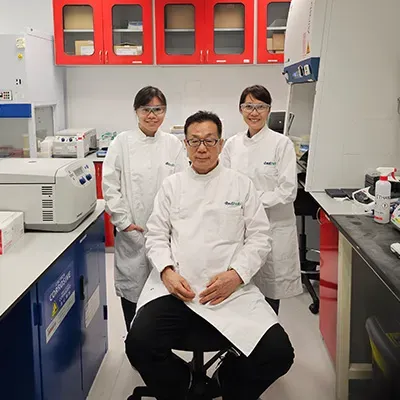From prevention to cure, Singapore builds upon a strong biomedical foundation and a diverse innovation ecosystem to take on COVID-19. Public and private players have been rapidly innovating solutions from the start.
Singapore’s innovators rallied quickly in the face of the COVID-19 pandemic, from delivering detection methods powered by artificial intelligence (AI) in weeks, to launching human vaccine trials in a matter of months. Such speed is possible because of Singapore’s strong foundation in health and biomedical sciences, and its persistent focus on innovation.
From preventing the spread of the disease, to testing and potential life-saving treatments, companies, both big and small, are partnering with public institutions, tapping on deep local expertise to ensure there’s an innovation to take on the virus every step of the way.
Check out this infographic for a glance at these partnerships and their innovations!











